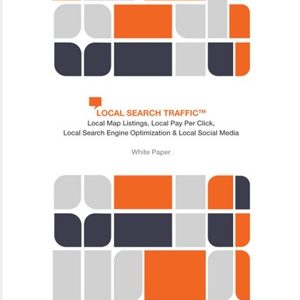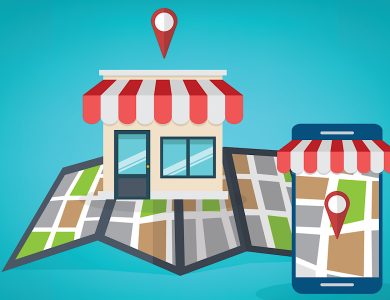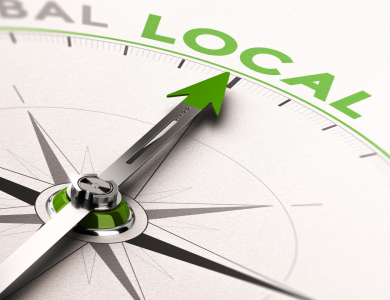
Editor’s note: “Ask an SEO” is a weekly column by technical SEO expert Jenny Halasz. Come up with your hardest SEO question and fill out our form. You might see your answer in the next #AskanSEO post!
Welcome to another edition of Ask an SEO! Today’s question comes from Scott in London:
Are dedicated area/location pages still the best option for SMEs that want to promote their business/services outside their home location when they don’t have a physical branch in those other areas?
This is a really hard question to answer. It’s another one where there are two basic schools of thought, but they completely contradict each other.
Create City-Specific Location Pages
I’m not an expert in local SEO, but I definitely have a preference on this one that probably won’t surprise our loyal readers.
There are many local SEOs who have had a lot of success with this approach. They create an individual page for each city they want to be known in, and they write unique content about how their services work in all of those locations.
The unique content is really key here. The goal is to let customers know that you actually don’t have a branch in that area but that you are available online or in a neighboring town.
This strategy can work well with services that people might travel for, like specialty hospital services, car dealerships, outlet malls, etc.
However, it does not work well for things like software companies, individual stores, or restaurants. People generally do not want to travel for these kinds of services.
Keep in mind, even if you are able to gain a ranking for a city-specific search, you will not be able to get into the local pack (the list of places and the map) without a physical location.
Since these local pack listings usually push regular organic listings down, it may not even be worth it to compete for that top “organic” spot. You should do some sample searches and look at the results.
Obtain Local Links
The other strategy that I strongly prefer is to obtain local links in the areas where you want to serve by becoming a part of that community. This usually does not work unless the area is nearby, and the easiest way to explain this is with an example.
I once worked with a hospital that was located in a suburb (call it Suburbia) but wanted to service customers in the nearby Metropolis. They didn’t have a physical location in Metropolis (it was about 3 miles outside the city limits) so their Google My Business listing (what powers the local packs in part) would not come up for Metropolis, especially since there was a competitor in Metropolis that already performed very well.
What the client did was invest in Metropolis. They held events, offered free clinics, held blood drives, sponsored schools and churches, and generally made themselves a part of the community. They gained a lot of local Metropolis links as a result of these efforts.
Those links allowed Google to see them as relevant for the city searches and they started coming up in top organic positions for relevant searches. Sometimes their organic listing even came up above the local pack. This allowed them to:
- Expand their service area.
- Obtain reviews from people who lived in Metropolis.
- And ultimately expand their area of business.
I can already hear your next question: If I go to all the major cities and build an emotional presence there, I can rank, right?
No. Local searches are always going to be based on proximity.
If you offer a service or a product that is primarily online, and your only physical presence is a flagship store or a headquarters, local is not the right play for you. You need to think and act bigger.
Local search is a specific subset of SEO that operates quite differently than broader SEO strategies.
There are many great practitioners in Local SEO. My two favorites are Greg Gifford and Damon Gochneaur. These professionals make great presentations and write insightful articles. If you’re not following them already for local search, you should be.
Have a question about SEO for Jenny? Fill out this form or use #AskAnSEO on social media.
More Resources:
- Local SEO: The Definitive Guide to Improve Your Local Search Rankings
- What Is Local SEO & Why Local Search Is Important
- 9 Types of Content That Will Help Your Local SEO
Image Credits
Featured Image: Paulo Bobita



